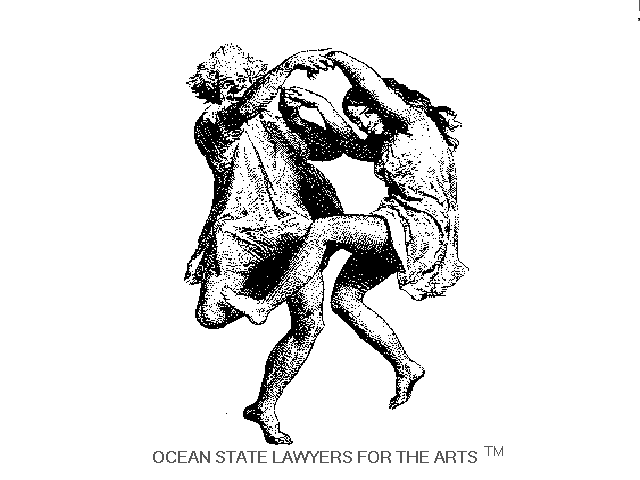
The United States Copyright Act prohibits anyone from copying the original artistic work of another, without permision. Further, if you use a part of a another's work - even a very small part - without the copyright owner's consent, you are still infringing the owner's rights.
When you create a new version of a prior work, or even a completely new work based on the earlier work, you are creating what is called a derivative work. In the mid-seventies, a man named Walter Murphy created new arrangements for The Flight of the Bumblebee and Beethoven's Fifth Symphony, thereby creating two new disco dance compositions. These were derivative works based upon the original classical pieces. The currently popular remixing of previously recorded musical compositions also produces derivative works. To put a pony-tailed Mona Lisa into blue jeans, a halter top and high heels is to create a derivative work. If the original is not in the public domain - in other words, still owned by someone - you must seek permission of the copyright owner before you publish or otherwise use a derivative work.
Digital sampling is a technique of extracting a recorded passage from a pre-recorded musical, spoken or other work and inserting that passage into a new recording. The "sample" is often used in a repetitive manner, or backwards or in conjunction with other sounds or samples. Even if the sample is no longer recognizable, chances are that the new use is an infringing derivative work, if permission is not obtained for use of the sample.
Although, as of 1990, there were no precedent-setting court opinions on the subject, it would be advisable for anyone using samples to keep track of the name of each sampled song, the artist and publisher, the way in which the sample is used and its duration, where it is found in the original recording and where it appears in the new recording. Using this information, you or your lawyer, can seek permission from the original copyright owner to use the sample and negotiate the fees for such use.
The factors to be considered in determining the amount of the fees for a "license" to use the sample may include the length of the sample, the extant to which it is used in the new recording and the number of copies to be produced. To ignore the rights of the original copyright owner and use the sample without authority, may result in a very expensive lawsuit being filed against you, costing you much more time and money than would have resulted from seeking permission in the first place. Also, a recording that entails the use of the property of another without the proper written authority, would make most record companies, or distributors, very nervous about about picking up the recording for their catologs. Finally, consider how you would feel if someone else decided to use a sample taken from one of your recordings without first seeking your consent.
First Published Version copyright 1990 David M. Spatt
12/16/91-New York, NY. The Federal District Court in Manhattan has ruled that small pieces of the 1972 recording of "Alone Again (Naturally)", or samples, which were used without permission in the recording of "Alone Again" by rapper Biz Markie, was copyright infringement.
Further, it was stated that the evidence showed that the defendants tried to get permission from the copyright owners, but failed. Then they used the samples anyway.
Although the use of criminal penalties is rare in copyright cases, the judge referred the case to the U.S. Attorney for prosecution. The maximum criminal penalty for copyright infringement is five years in prison and $250,000 in fines.
First Published Version, Copyright DAVID M. SPATT 1992
